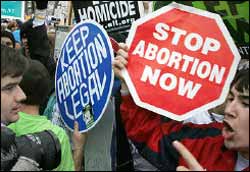 The Atlantic just published a review of It’s a Girl titled “Neither Pro-Life Nor Pro-Choice Can Solve the Selective Abortion Crisis” by Noah Berlatsky. It’s an excellent review that delves into some of the critical questions that must be addressed in order for the world to really see a global movement to end female gendercide.
The Atlantic just published a review of It’s a Girl titled “Neither Pro-Life Nor Pro-Choice Can Solve the Selective Abortion Crisis” by Noah Berlatsky. It’s an excellent review that delves into some of the critical questions that must be addressed in order for the world to really see a global movement to end female gendercide.
Berlatsky accurately points out “In the United States, the discussion of sex selection and gendercide inevitably gets pulled into the gravitational pit that is the abortion debate.”
At nearly every Q & A we’ve done as part of the International Screening Tour of the film, the question of abortion rights comes up. Some accuse the film of being pro-life while others accuse it of being pro-choice. Each side is suspicious of the other, and a film that touches on sex-selective abortion seems to have left both liberals and conservatives hunting for a hidden agenda.
So for the record, let me say here what we have said repeatedly at events around the world. The It’s a Girl documentary and action campaign are opposed to sex selective abortion and forced abortion, but neither the film nor our action campaign take a stance on abortion in general. As those who have seen the film can attest, we have a laser sharp focus on these two issues (as well as the other forms of gendercide).
This focus is intentional and essential, because as demonstrated by our list of screening events, it has allowed organizations across the spectrum of abortion rights to join in this fight against gendercide. Leading pro-life and pro-choice organizations have hosted screenings of It’s a Girl. As an example, a pro-life student group in the UK is working to partner with feminist student groups to host screenings of It’s a Girl on university campuses.
We believe this is enormously significant. What other issue today can bring together pro-choice and pro-life organizations in a shared goal?
Gendercide is an area of common ground. Just imagine the potential if both conservatives and liberals can embrace this reality and work together in opposition to such extreme violence and discrimination against women and girls.
The risk of course, is for one side or the other to hijack the issue. Let’s be honest, the idea of common ground on the abortion issue has historically been laughable. What issue is more divisive, especially in the US?
So here is our challenge to each side:
Pro-lifers: We call on you to genuinely oppose sex selective abortion and forced abortion, without trying to exploit the opportunity to push for further abortion restrictions. We are not asking you to give up your deeply held convictions, but we are asking that you honestly focus on these areas of common ground in a way that invites support from those with opposing views on abortion.
Pro-choicers: We call on you to acknowledge that your push for abortion rights has never been about the right to choose the gender of the fetus, and that forced abortion is certainly not a choice. Sex selective abortion and forced abortion are issues you can oppose with confidence, while still holding to your convictions about a women’s right to elective abortion. As champions of women’s rights, your silence on these issues is incredibly loud.
The Atlantic’s review ends with this:
From a pro-life perspective, you could condemn the use of abortion in China as a systematic government-sanctioned murder of children, especially girls. From a pro-choice perspective, you could condemn the way the government robs women of autonomy and choice, taking away their ability to make decisions about their own bodies and their own pregnancies. But really, it seems like It’s a Girl doesn’t buttress either pro-life or pro-choice—or, at least, doesn’t buttress one at the expense of another. Instead, the film shows that children’s rights rest upon women’s rights and that women’s rights, in turn, rest upon those of children. If women aren’t respected under the law, children won’t be, and if children aren’t, women won’t be either. That’s an insight, it seems, designed to make all sides in the abortion debate uncomfortable.
To this fair summary, I can only disagree with the closing statement, which also relates to the title of the review. It’s a Girl isn’t designed to make the two sides uncomfortable. Rather, it’s intended to move both sides to action!
Only pro-life and pro-choice together can solve the selective abortion crisis.
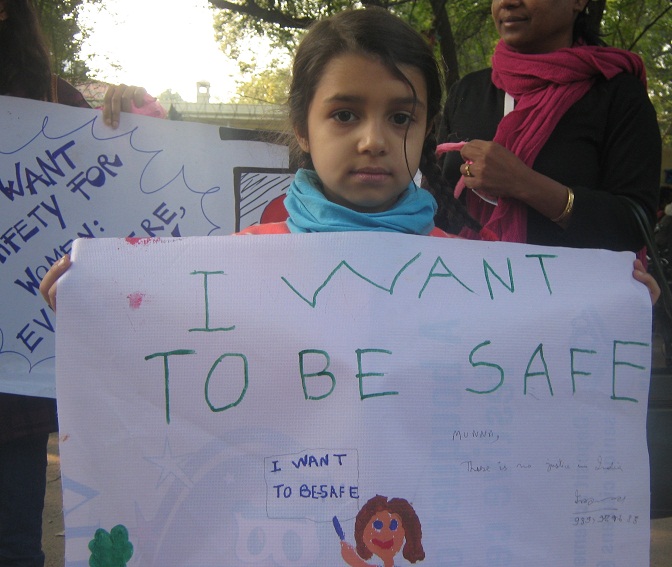 of a missing 5-year-old child tried filing a missing person’s report, the police ignored the parents and the case. After the child was kidnapped, two adult men held her hostage for two days while they repeatedly gang-raped the helpless girl. The men sexually tortured the 5-year-old, inserting candles and bottles into her private parts. When the callous men were done with her, they tried to strangle the child and fled the apartment where they held her captive.
of a missing 5-year-old child tried filing a missing person’s report, the police ignored the parents and the case. After the child was kidnapped, two adult men held her hostage for two days while they repeatedly gang-raped the helpless girl. The men sexually tortured the 5-year-old, inserting candles and bottles into her private parts. When the callous men were done with her, they tried to strangle the child and fled the apartment where they held her captive.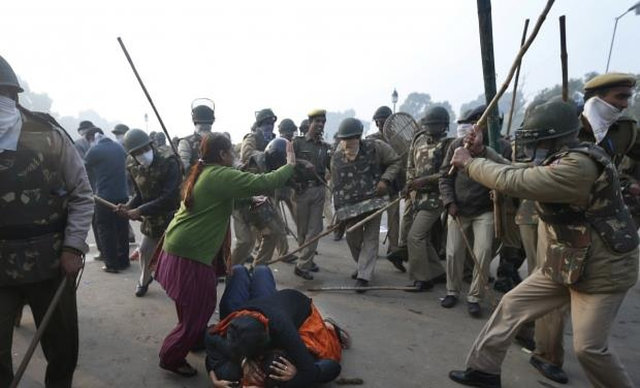 With help from people all around the world, we are hoping there will be justice for this child and her family. Sadly, this is not the first rape case that police chief, Neeraj Kumar, tries to sweep under the rug. What is the purpose of a corrupt police commissioner if not to protect the people in his community? Can the police force ever reform with a chief like this?
With help from people all around the world, we are hoping there will be justice for this child and her family. Sadly, this is not the first rape case that police chief, Neeraj Kumar, tries to sweep under the rug. What is the purpose of a corrupt police commissioner if not to protect the people in his community? Can the police force ever reform with a chief like this?
 because they are girls (this is female infanticide). Through its partner, IGP has been able to have a significant impact in the lives of girls and women in the villages of South India
because they are girls (this is female infanticide). Through its partner, IGP has been able to have a significant impact in the lives of girls and women in the villages of South India The Atlantic just
The Atlantic just 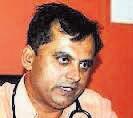 A doctor in the Hadapsar suburb of Pune began
A doctor in the Hadapsar suburb of Pune began 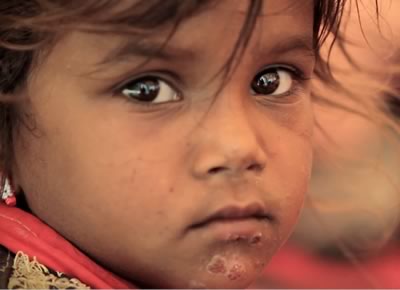 Hindu radicals kept vigil at parks, restaurants and other places, and occasionally went on the rampage, attacking pubs and greeting card shops, but they vow to raise awareness peaceably this year.
Hindu radicals kept vigil at parks, restaurants and other places, and occasionally went on the rampage, attacking pubs and greeting card shops, but they vow to raise awareness peaceably this year.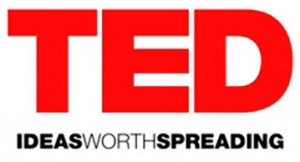
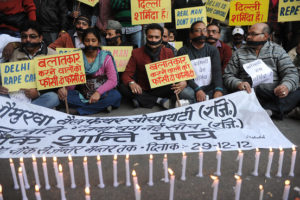 As India grieves the death of the young medical student who was brutally gang raped on a moving bus December 16th, 2012, a historic movement continues to develop demanding justice and action from the government. But leaders and legislators have come across as indifferent, unresponsive and out of touch with the reality of violence against women as thousands turn out to demonstrate and march in the streets of Delhi. “The incident has raised the issue of declining public confidence in the law and order machinery in the city,” a National Human Rights Commission statement said. “Especially, in its capacity to ensure safety of women as a number of such incidents have been reported in the national capital in the recent past.”
As India grieves the death of the young medical student who was brutally gang raped on a moving bus December 16th, 2012, a historic movement continues to develop demanding justice and action from the government. But leaders and legislators have come across as indifferent, unresponsive and out of touch with the reality of violence against women as thousands turn out to demonstrate and march in the streets of Delhi. “The incident has raised the issue of declining public confidence in the law and order machinery in the city,” a National Human Rights Commission statement said. “Especially, in its capacity to ensure safety of women as a number of such incidents have been reported in the national capital in the recent past.”